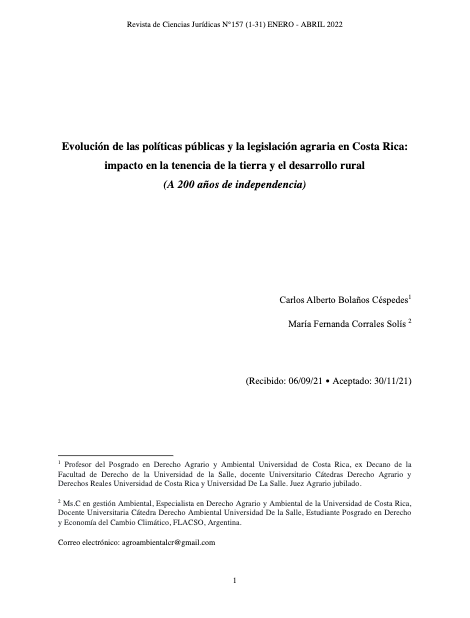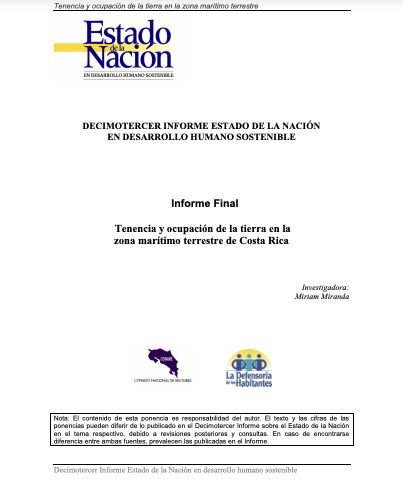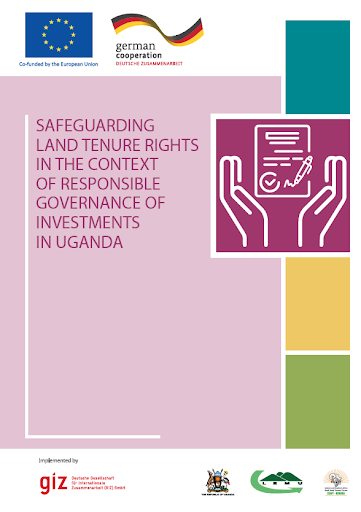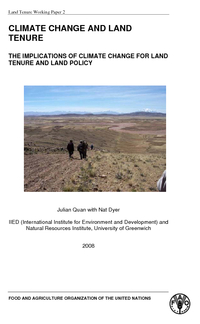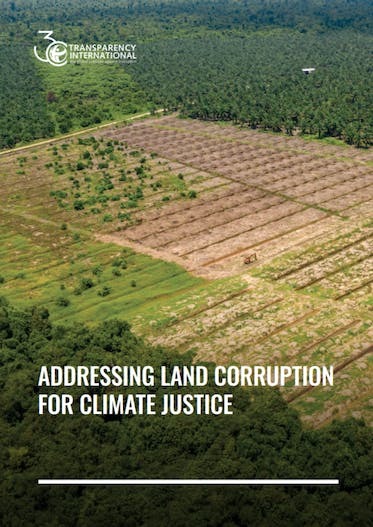Evolución de las políticas públicas y la legislación agraria en Costa Rica: impacto en la tenencia de la tierra y el desarrollo rural
En el presente artículo de investigación las personas autoras realizan un estudio histórico- jurídico de las principales políticas públicas agrarias promulgadas por el Estado costarricense desde el año 1821 hasta la actualidad. El análisis se realiza a través del estudio de las principales normas jurídicas de distinto rango emitidas por el Estado, buscando determinar fines y objetivos e intereses de los diferentes sectores de la sociedad de cada época. Adicionalmente se evalúan los efectos e impacto de esas políticas en la realidad agraria y rural del país.

